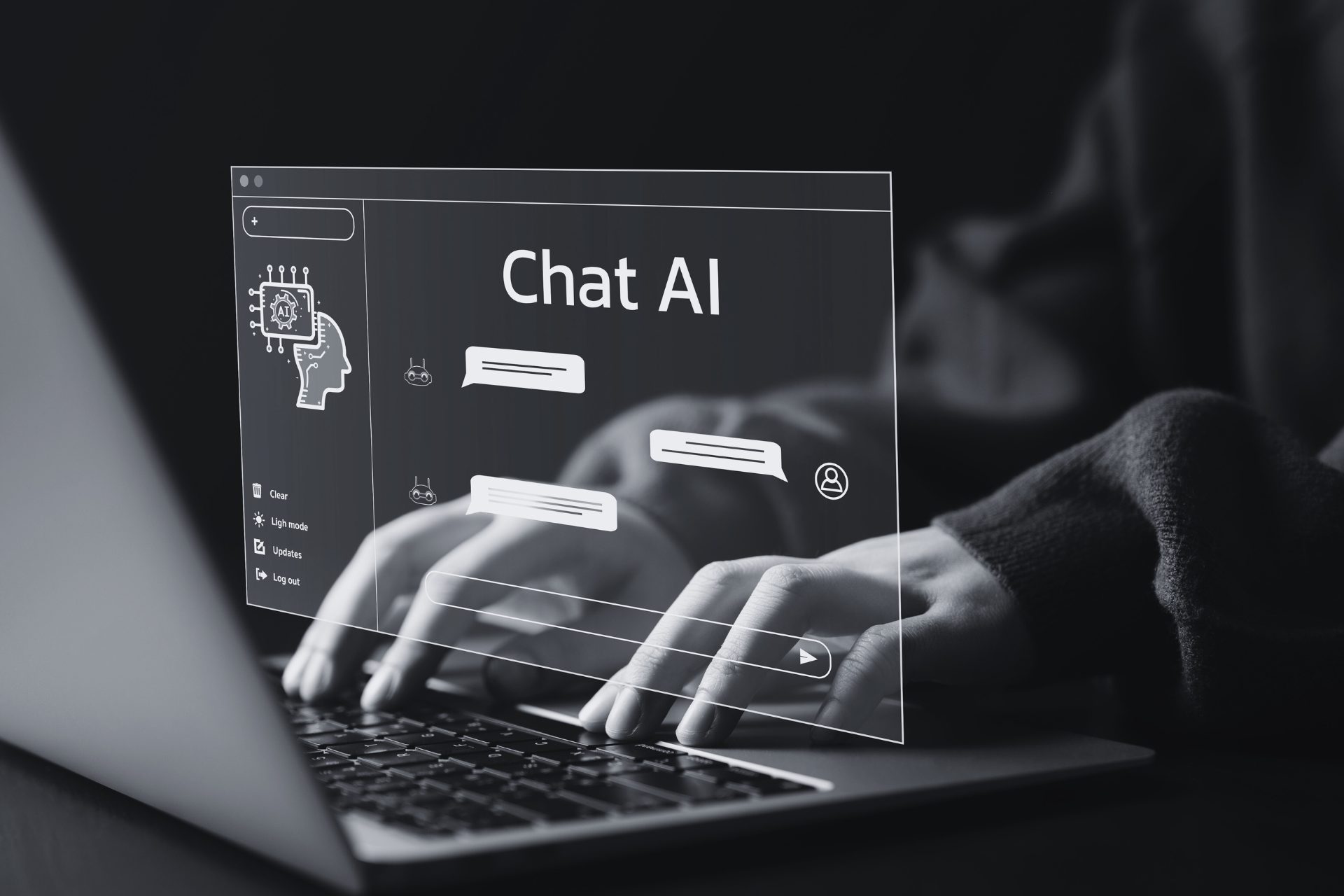Software Testing
![PH_wp_[EN]_Blog listing - banner](https://qestit.com/hubfs/Website/Web%20pages%20photos/PH_wp_%5BEN%5D_Blog%20listing%20-%20banner.jpeg)
![PH_wp_[EN]_Blog listing - banner](https://qestit.com/hubfs/Website/Web%20pages%20photos/PH_wp_%5BEN%5D_Blog%20listing%20-%20banner.jpeg)
![PH_wp_[EN]_Blog listing - banner](https://qestit.com/hubfs/Website/Web%20pages%20photos/PH_wp_%5BEN%5D_Blog%20listing%20-%20banner.jpeg)
![PH_wp_[EN]_Blog listing - banner](https://qestit.com/hubfs/Website/Web%20pages%20photos/PH_wp_%5BEN%5D_Blog%20listing%20-%20banner.jpeg)
![PH_wp_[EN]_Blog listing - banner](https://qestit.com/hubfs/Website/Web%20pages%20photos/PH_wp_%5BEN%5D_Blog%20listing%20-%20banner.jpeg)
![PH_wp_[EN]_developers working together](https://qestit.com/hs-fs/hubfs/Website/Web%20pages%20photos/PH_wp_%5BEN%5D_developers%20working%20together.jpg?width=5353&height=3000&name=PH_wp_%5BEN%5D_developers%20working%20together.jpg)
AI Model Testing
Empower your business with strategic AI integration for a competitive edge, smoother workflows and empowered teams.
Provide Your Information
Implementing AI Systems with Confidence
AI is transforming industries, driving automation, insights, and efficiency. But with great potential comes great responsibilities: ensuring reliability and security. AI/ML models are complex, evolving systems trained on vast datasets, requiring rigorous validation to guarantee accuracy, fairness, and safety. Without proper testing, AI can introduce bias, security risks, and unreliable outcomes—impacting both your organization and your customers.
A comprehensive AI testing approach is therefore essential. Validating and verifying AI models ensures they function as intended, delivering reliable, unbiased, and ethical outcomes. At QESTIT, we help organizations strengthen their AI implementation by assessing performance, fairness, robustness, data quality, and security. Through testing, we proactively identify and mitigate risks, ensuring AI systems operate with confidence.

Dedicated quality assurance for AI systems is critical, ensuring superior performance and security. We provide
- QA for Machine Learning Systems to ensure models—from image recognition to predictive analytics—operate with precision and efficiency.
- QA for Generative AI Applications to help businesses validate outputs and select the right LLMs, whether our own Assistant or open-source / proprietary.
- Tailored training programs to enhance AI capabilities within teams, guiding them from planning to deployment with a strong focus on data security and proprietary information protection.
Whether you're in banking, healthcare, retail, or transportation, we help you deploy AI with confidence. AI should be an asset, specifically tailored to the needs and goals of your business. With it we'll help you can maintain a competitive edge, mitigating cost
Optimize your AI testing initiatives
Get our experts insights
Connect with our experts to explore AI tools, understand their intricacies, and ensure they are thoroughly tested for reliability, accuracy, and security.
Provide Your Information
Common questions about AI Testing
- Grasping Application Scope: Understanding the intended use, limitations, and context of the AI application is crucial for creating relevant test cases.
- Multi-Level Testing Strategies: This involves a tiered approach to testing, from unit tests to integration and system-level evaluations, to thoroughly examine the AI's functionality and security.
- Outcome-Focused Testing: Concentrating on the AI's outcomes and how they fulfill real-world requirements, rather than just the underlying algorithms.
- Risk Mitigation and Reliability: Identifying potential risks, including data biases and security vulnerabilities, and implementing strategies to address them to ensure the AI system's integrity.
- Continuous Testing Commitment: Regularly revisiting the AI system for testing, especially for those deployed in changing environments, to catch any deviations from expected performance early on.
AI testing is different from traditional software testing due to the inherent unpredictability and learning capabilities of AI systems. While traditional software has a deterministic nature with predefined inputs and outputs, AI systems learn from data, adapt over time, and may produce different outputs given the same input. This requires dynamic testing approaches that can accommodate such variability and continuous learning.
AI models must be tested for bias, fairness, explainability, and model drift, which traditional methods don’t account for. Additionally, AI testing requires continuous validation, as models adapt over time.
We support a wide range of AI models, ensuring comprehensive testing across various applications. Our expertise covers: Machine Learning Models, Generative AI Models – Covering both open-source and proprietary LLMs, including GPT-based, and custom-built solutions, etc.
No matter the complexity, we tailor our testing strategies to your specific AI model, ensuring reliability, security, and optimal performance.
Automation in AI testing can greatly enhance the efficiency and coverage of tests. It can be used to run repetitive and complex test cases, handle large datasets efficiently, and perform tests consistently. Automated tests can be quickly adapted to changes in AI models and can run 24/7, providing continuous feedback and validation.
- Developing robust testing frameworks that can adapt to the AI's learning nature.
- Using synthetic data generation to enhance test coverage.
- Applying explainable AI techniques to interpret the model's decision-making process.
- Establishing clear testing metrics and benchmarks for performance, fairness, and reliability.
- Engaging in cross-disciplinary collaborations to ensure ethical and regulatory considerations are met.
More useful resources about AI





